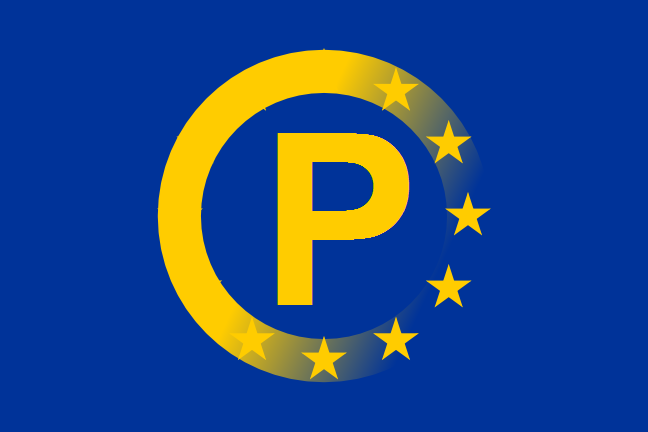Short note on key characteristics Unified Patent Court

[red. artikel is ingekort, gehele short note]
What is the current situation?
Patents protect inventions and thus investments in innovation. Until now, patents in Europe have been national rights for all practical purpose. There is one system to apply for a patent for the whole of Europe, but after grant such a European Patent needs to be registered at national level, which also involves a recurring fee per country. It only provides protection in the countries where it is actually registered. In general, actions against infringers need to be brought in the national courts on a country-by-country basis.
The European Patent Convention has 38 member states. In practice an international patent dispute tends to be litigated in 3 – 6 countries. The European Court of Justice only allows national courts to decide for more than their own country in very limited situations.
What law will the court apply?
Primarily its own. The validity of European Patents and therefore also of Unitary Patents will be governed exclusively by the existing European Patent Convention. The basic criteria for infringement are in the UPC Agreement itself. The procedural law is also in the UPC Agreement and in the Rules of Procedure based on it. There already is a quite comprehensive draft of 382 detailed rules.
However, in addition there is a whole body of existing international law that will also apply and if that does not provide a solution, the court will apply national law as indicated by private international law.
When will it start?
With the signing of the UPC Agreement on 19 February all documents have been signed, but the UPC Agreement still needs to be ratified and the system needs to be set up. The European Commission is pushing very hard for the system to go live by April 2014, but it may take a number of additional months to be able to guarantee sufficient quality. Next to the UPC Agreement there is a declaration signed by the states that provides the framework for setting up the implementation which doesn’t require ratification. Preparatory work has already commenced and a kick-off meeting will probably be held before the end of March. Nevertheless, this is a massive job. A cross-border ICT-system needs to be built that will support case management and electronic filing of submissions, the central registry needs to be set up, judges need to be appointed and educated, facilities for court hearings need to be selected or even built.
Is the system mandatory?
The Unified Patent Court will be the only venue to litigate Unitary Patents, but for the first 7 years it will be optional for litigating traditional European Patents, with a possibility to extend that transition period for another 7 years.
Do you need expert counsel?
Every lawyer who is authorised to litigate in a national court can also litigate in the Unified Patent Court, as well as European Patent Attorneys who have obtained a special litigation certificate, so that provides a wide choice throughout Europe.
However, this system adds a new dimension to patent enforcement that requires developing elaborate strategies. There are new options for forum shopping among divisions of the Unified Patent Court and national courts. Procedural practices and substantive case law need to be developed. That calls for true in-depth knowledge and involvement in all relevant countries.
[red. bovenstaand artikel is ingekort, gehele short note]
Wouter Pors
Coming up Further seminars in the series will be happening as listed below:
• 21 March - Munich
• 18 April – London
• 31 May - Paris.
Please contact Katie Blampied if you would like to request an invitation to any of the seminars.





















































































